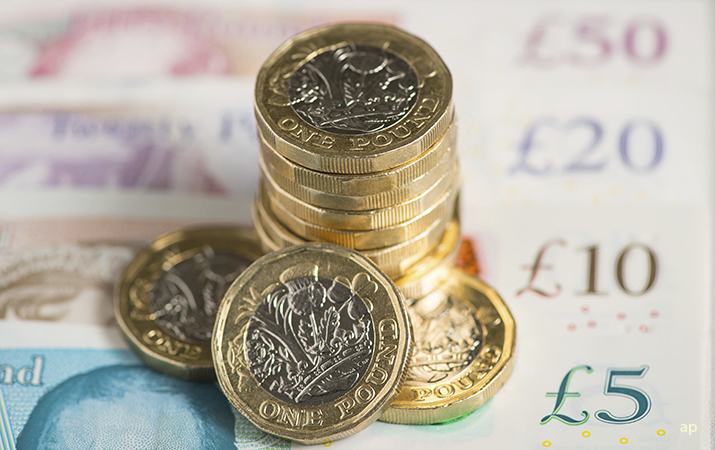Cheaper oil is crushing inflation. As price rises were already meagre in advanced economies, inflation is likely to turn negative—deeply so in places like Switzerland, Sweden or Greece. For 2015 as a whole, average forecasts have fallen by at least half a percentage point for all Western countries.
Is falling inflation a challenge? The mainstream has it that deflation, like cholesterol, comes in two varieties: “good” and “bad.” The first type stems from a positive supply shock, such as higher productivity or, today, the lower cost of a key commodity. Bad deflation comes about when demand is persistently behind potential.
Teasing the two apart is tough: “good” and “bad” deflations can coexist. Nevertheless, the conventional view asserts that European and Japanese deflations are mostly of the “bad” kind. The U.S. and the U.K., on the other side, are largely in the grip of “good” deflation.
Other distinctions are useful. Small, expected price declines aren’t as bad as big, unexpected deflations. If prices fall 3% a year, real debt rises at a snail’s pace. Defaults don’t happen overnight. Productivity growth means that nominal wages and profits can still rise—albeit slowly—even if prices don’t.
Perhaps, but some economists worry about the deflation spiral. Lower inflation means that real interest rates are rising. With zero nominal interest rates, the central bank can’t fight back. If real rates fall, consumers and businesses postpone consumption and investment. Demand weakens, which causes output to fall. This depresses inflation further, feeding a vicious loop.
This deflationary vortex, with paper money, seem impossible. If the central bank stops paying interest on reserves, or starts charging for them, money will chase goods, or the currency will depreciate, or both. Either way, prices rebound. Even under the gold standard, big deflations were rare, on both sides of the Atlantic. Real GDP wouldn’t fall over protracted periods of falling prices. The only period when a big deflation coincided with shrinking output was the Great Depression. But that was a rapid deleveraging under the gold standard.
Deflation, don’t get me wrong, isn’t a crackpot’s nightmare. Population aging and its companion, a higher saving rate, are slowly but surely pushing all mature economies towards lower inflation. However, that’s a slow disease (which can be cured), not a quick spiral.
Prices, however, are rising less than central banks would like. It’s not clear that Yellen, Draghi, and company have can lift inflation, although they believe so. And that’s my concern: that interest rates stay too low for too long.
What is the Outlook for the UK?
The U.K. has been one of the best performers among rich countries in 2014. GDP spent the best part of 2014 growing more than 2.5% on an annual basis, the fastest pace since 2010. Unemployment has stayed at 6% since August.
In the fourth quarter the economy slowed to 2% (annualized), compared with 2.9% in the third. Growth remains robust by long-term standards. All the growth, however, came from services; industry and construction contracted. The energy sector has yet to reflect the impact from cheaper oil.
Lower oil prices forced headline inflation to a 14-year low of 0.5% in December, which will likely turn negative shortly. Core inflation actually edged higher to 1.3%, much to the relief of the Bank of England. As in the U.S., policymakers in the U.K. seem to operate under the hypothesis that British disinflation is of “the good kind” (i.e. driven by a supply shock), rather than the pernicious, demand-driven type.
Despite stable underlying inflation, the central bank hinted that it wouldn’t raise interest rates soon. That’s a significant change from just a few months ago, when the BoE was expected to move ahead of the Fed. Rates on overnight index swaps suggest the market now expects the first rate rise no earlier than March, and possibly later than June.
It seems likely the U.K. will accelerate in the first half of 2015 thanks to lower fuel prices. Households, and hence retail sales, will benefit the most.



























